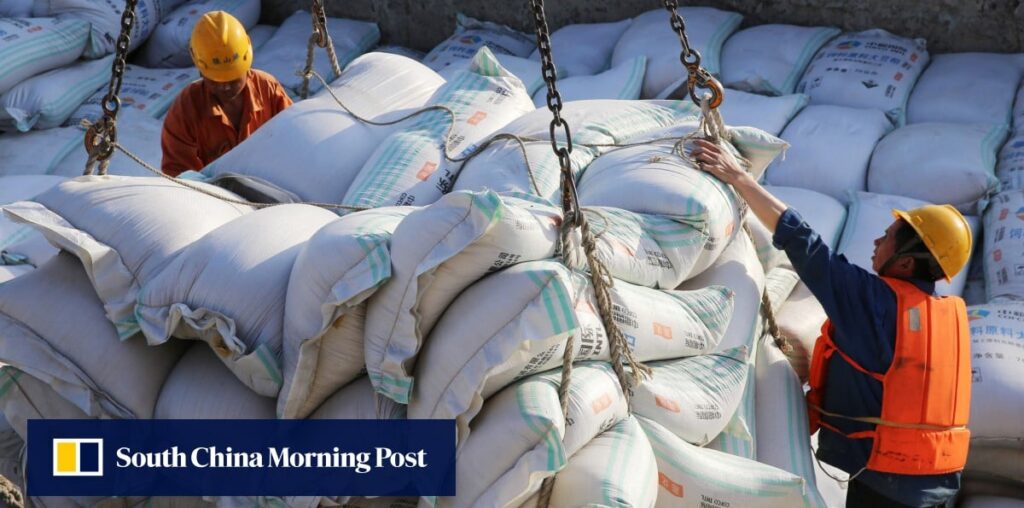
A working group, jointly formed by Zhejiang University and the George H.W. Bush Foundation for US-China Relations, an American think tank, intended to send letters to Trump and President Xi Jinping this week to explain the logic behind the benefits of “bidirectional trade”, with a goal of cultivating lasting cooperation.
Dubbing their project “Peace Beans”, the two entities are exploring ways to improve the agricultural supply chain – such as by growing soybeans in the American state of Arkansas for export to tofu producers in China’s southwestern province of Yunnan, and by growing coffee beans in Yunnan for export to coffee roasters in Arkansas.
In discussing the initiative, John Kent, a senior fellow at the American think tank, pointed to the mutual trade-related benefits – such as reduced inflation and added value – that would come from being “engaged with a cooperative posture”.
Peace Beans provides an easy-to-understand supply-chain example to demonstrate inflationary math when using a tariff/tax trade-war posture
“Peace Beans is a bidirectional trade example resulting from supply-diplomacy efforts,” Kent explained. “It’s a balanced East/West solution that is one of the most basic transportation utilisation goals.
“Balancing supply chains – [such as via trade from] Arkansas to Yunnan and back, potentially on the same equipment – saves costs to offset potential tariffs.

